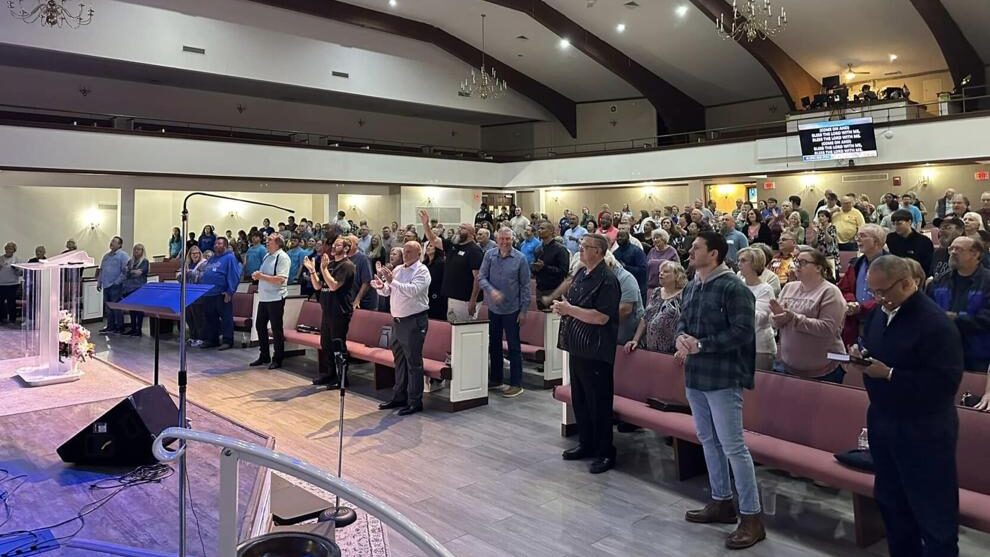BUT WHOEVER DRINKS
John 4:11–26
History records that nations build walls. Most do so to solve problems, but walls seldom unscramble conflicts. On a journey from Judea to Galilee, Jesus encountered the invisible divides of race, ethnicity and gender. He stopped at a well in Samaria and asked a woman there for a drink. She raised walls. Jesus used “living water” to break through her walls. At Jacob’s well, we see Jesus offer a free-flowing spring of living water to quench spiritual thirst.
Thirst Quenched? (11–15)
Jesus ignored the social barriers the woman identified. He saw a person in need, not a useless female Samaritan. With the theme of “thirst,” Jesus shifted the subject from His need for physical water to her need for spiritual water. A relationship with God comes through the living water of salvation. Jesus contrasted the stagnant well water with fresh living water.
The woman questioned Jesus’ claim that living water was better than the water of Jacob’s well. Tradition assigned the origin of the well to Jacob. Jesus refused to engage on that topic. He stated living water satisfied permanently. Her mind remained on the physical level, and she asked for living water to save herself effort and time. Women had to replenish their household water supply from the well daily.
Sin Exposed (16–20)
Next Jesus prompted the woman to consider her spiritual thirst. He instructed her to bring her husband. She admitted she didn’t have one, and that allowed Jesus to get to the point. The Lord affirmed her truthfulness. He knew she had married five husbands. Now she lived in adultery with a man to whom she was not married. Jesus’ awareness of her personal life got the woman’s attention.
She saw Jesus as a prophet because of His insight. She still had a long way to go spiritually. No one wants their sin highlighted, so she sought to change the subject. She asked about the proper worship place. Samaritans worshipped on Mount Gerizim, and Jews worshipped in Jerusalem.
True Worship (21–24)
The question prompted Jesus to teach a spiritual truth. Where you worship matters little. What you worship matters much. Jesus spoke of a coming hour that would change everything. The hour represented His redemptive act through the cross and resurrection. The future of worship centered on Him. Genuine worship was to be in Spirit and in truth. The Holy Spirit facilitates human connection with God. Truth defines the essence of His character. He reveals Himself through the truth of the cross and resurrection. You worship as you experience His presence through the true Christ.
True Faith (25–26)
The woman countered that Samaritans also expected a Messiah. Jesus didn’t let it go and declared Himself the Messiah. Perhaps the private conversation gave Him freedom to be bold. Neither group, Samaritans nor Jews, recognized His Messiahship.
Did the woman receive the living water? Her retrieval of the men from the city indicated the possibility. Others encountered Jesus because of her. He offers eternal fulfillment to all who acknowledge Him to be the true Messiah. He enables worship in Spirit and truth.
By Darryl Wood
Retired pastor, current hospice chaplain and interim pastor








